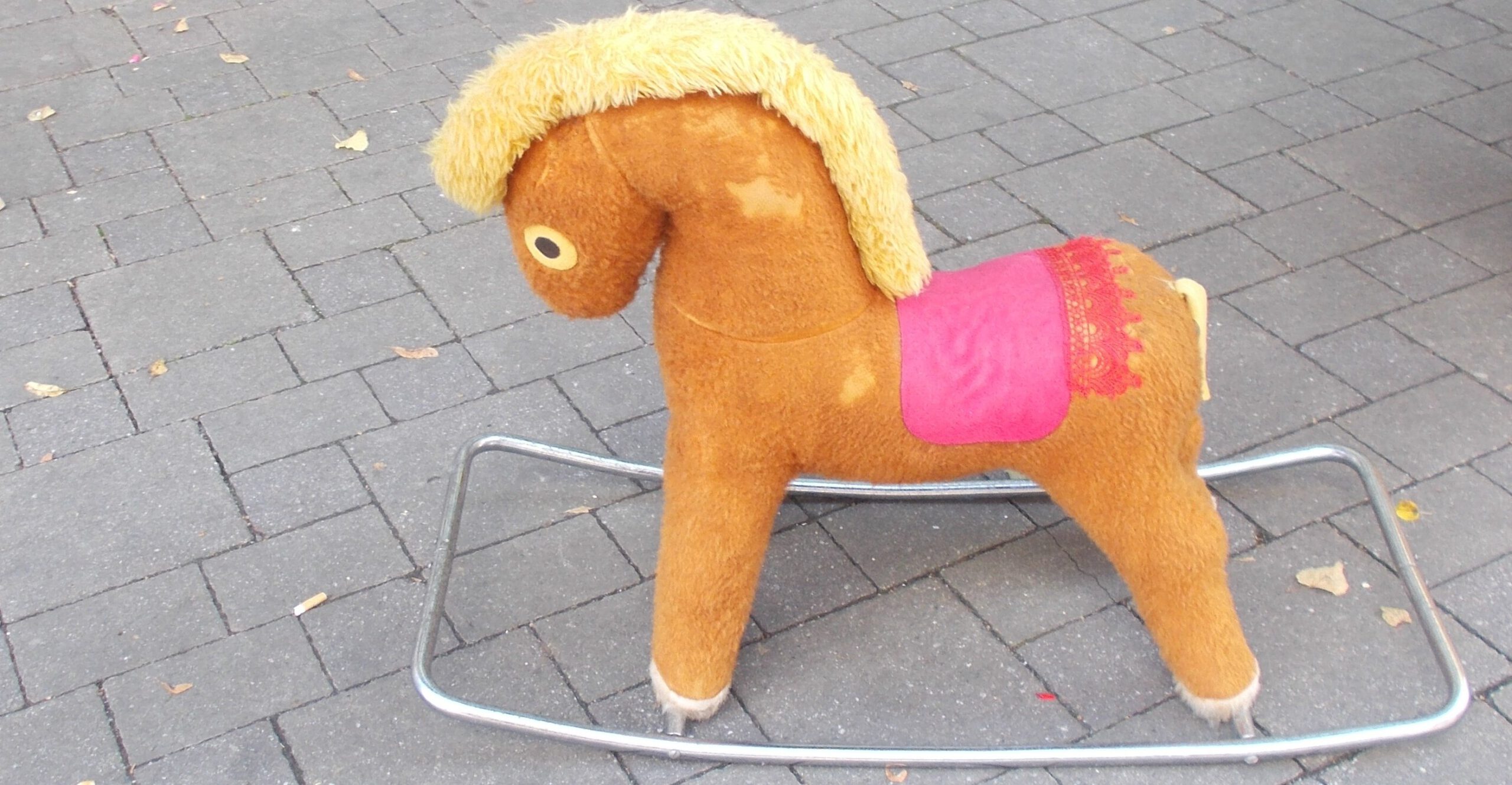To idzie młodość. Ale jaka?
To idzie młodość. Ale jaka?
Can we seriously talk about the young generation? We’ll try this issue.
What does it mean seriously? For example, without the age-old and ritual complaints about „today’s youth.” They are as old as the world and have been played so many times that it would be good to try something else. There is no need to idealize youth and convince them that they are free of defects. But when scoring problems and weaknesses, it is worth thinking about where they come from. For example, from a world that was largely created by adults, and the young were thrown into it into deep water.
Or without the equally ritualistic indignation that it’s all because of „stress-free upbringing.” Although no one practiced it, it grew to the rank of a myth to explain all the problems of young people and the dissatisfaction of adults with their attitudes. The more so that the order of the day was and still is, to a large extent, quite stressful upbringing. Often full of physical or verbal violence. There is also a lot of everyday and occasional stress of young people in today’s society. It has a very different background – from social and living conditions or related to work performed or soon to come, and ending with the cultural, health or educational sphere. This stress is not an invention or a trifle. This is evidenced by the not very good mental condition of young Poles and Polish women.
This does not mean that we have to accept the next media panics or scuffles as part of political wars uncritically. We can take a professional look at social problems, for example by comparing the mental health of young people with what is happening to their peers in other Western countries. Or what is the risk of addiction among Polish teenagers compared to their peers from other post-communist countries.
We also don’t have to idealize the youth and join the fashionable trend of cursing the „grandparents” in order to please the young. Young people are not stupid, they will sense the falsity of such manipulations. It is enough that we do not write them off at the start and try to treat them as partners. Because why not? Since we, as adults, are sure of our beliefs and positions, we do not have to be afraid that the young generation is threatening us. It may tell us something interesting.
You can also, instead of a festival of lamentations and disappointments, think about what and how to change, improve and fix those issues where young people have obvious problems. Or in those spheres where their world and the worlds of their parents or grandparents are less and less (and perhaps too weakly) congruent with each other.
This is what the current issue of „New Citizen” is about. We look at the situation of children and youth in Poland from many aspects. The condition of this group, with particular emphasis on the weakest subgroups – people in mental health crisis, young people with disabilities, novice employees, economically excluded minors or from social rehabilitation facilities. But also for children and families in general these days. Bad and at the same time changing for the better trends in the issue of violence against children. Dangers lurking for young people on the Internet and in the way of using electronic devices. Children and youth towards the advertising sector. And a few more important things.
Of course, not all important topics, problems or challenges related to this social and age group were covered in one issue. However, I believe that we are giving you a large and rare dose of knowledge about how children and youth live in Poland – and how they could live better.
I invite you to read!
Remigiusz Okraska
P.S. If „New Citizen” is to continue to be published and cover topics that you will not or hardly find in other media, your support is needed – please have a look here .
Photo in the header of the text: photo by Remigiusz Okraska

 Patronite
Patronite

